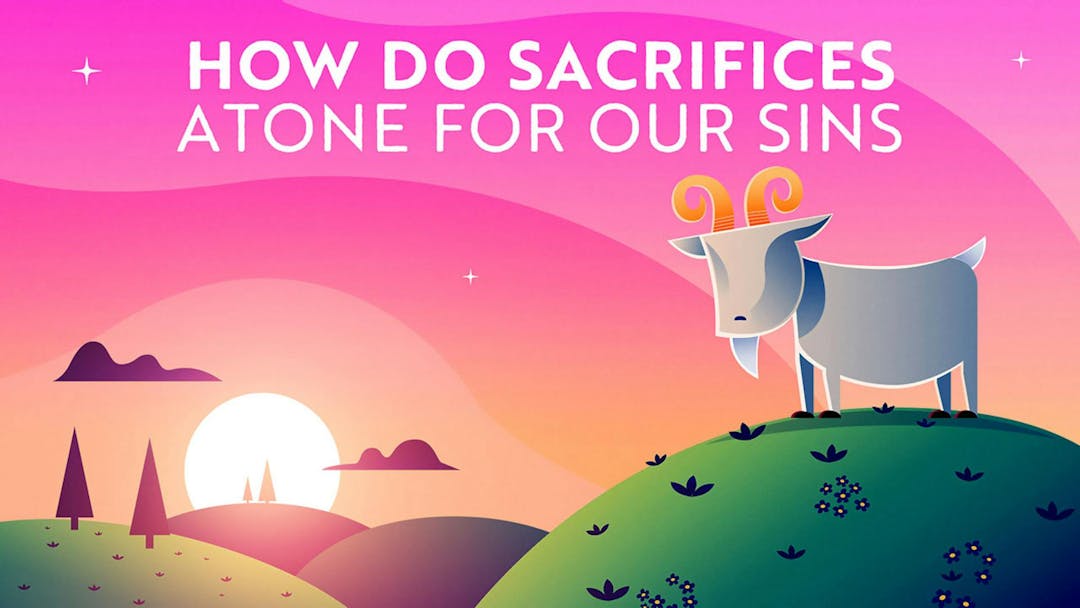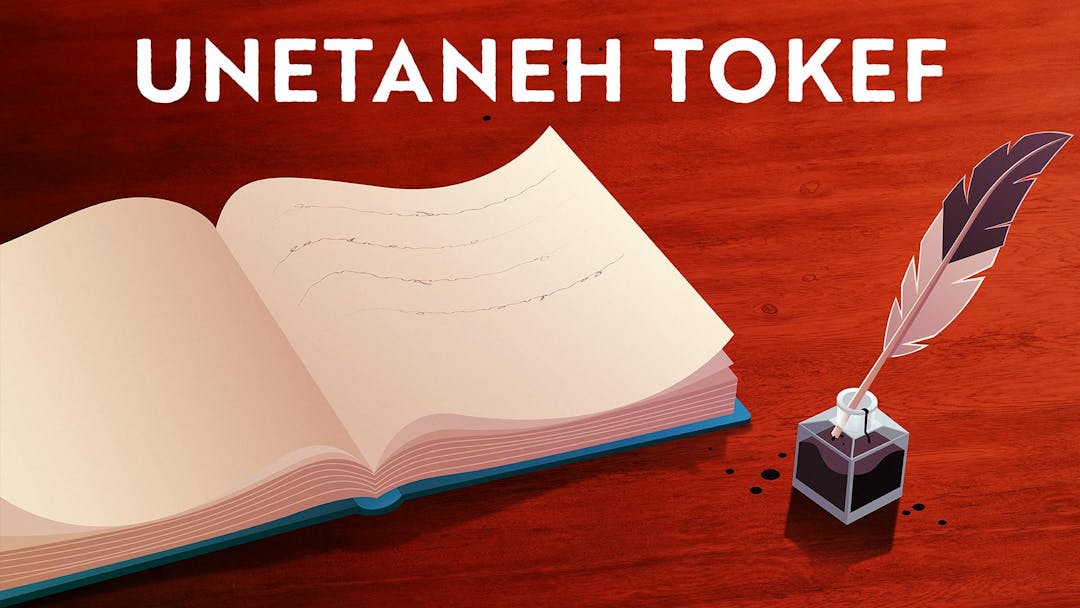Start your free trial today to unlock the full library and enjoy unlimited and uninterrupted access.
Get StartedWhat’s So Spiritual about High Priests and Burning Incense
Connecting To God on Yom Kippur
What is the purpose of Yom Kippur? What does Yom Kippur truly mean? After all, Yom Kippur is the Day of Atonement but we also define it as one of the Days of Awe – but what does forgiveness of our sins have to do with awe? How are we supposed to understand the spiritual meaning of Yom Kippur?
In Parshat Acharei Mot, it explains that Yom Kippur is the one day of the year we can directly connect with God, recreating the experiences of Sinai and the tabernacle. In this video, Rabbi Fohrman explains how it is through this contact with God that we are purified of our sins and we emerge reborn and pure on Yom Kippur.
Through this perspective, we start to see that the main purpose of Yom Kippur is to let God envelop us with His presence, and that forgiveness is a byproduct or secondary purpose. There is no magic wand or holy day that automatically wipes away our sins, but we can find forgiveness on Yom Kippur through a closeness with God and our efforts to let go of our sins.
Join Rabbi Fohrman as he challenges our understanding of what Yom Kippur truly means.
When you're finished here, discover other great Yom Kippur videos at Aleph Beta, including ‘How To Do Teshuvah”, “The Story Of Jonah”. and “How To Get Closer To God.”
Want to watch the full video for free?
Enter your email and we’ll send you a link to watch the full series free.
What is Aleph Beta?
Aleph Beta is a unique kind of Torah library. Led by our founder, Rabbi David Fohrman, we are dedicated to high-level, textual Torah learning for adults that is intellectually and spiritually sophisticated, that enlivens your Jewish practice and helps you forge a deeper connection to God. Whether you’ve been learning in yeshiva for years or you’re just beginning your Torah journey, you’re sure to find something meaningful and surprising waiting for you here.
Browse our library of over 1,000 beautifully produced animated videos, podcasts, deep dive courses, and printable guides. Topics include the weekly parsha, Jewish holidays & fast days, laws & mitzvot, prayers, relationships, big philosophical ideas and more. Have something to say at the Shabbos table that will amaze your family and guests and bring deep meaning into their lives.











